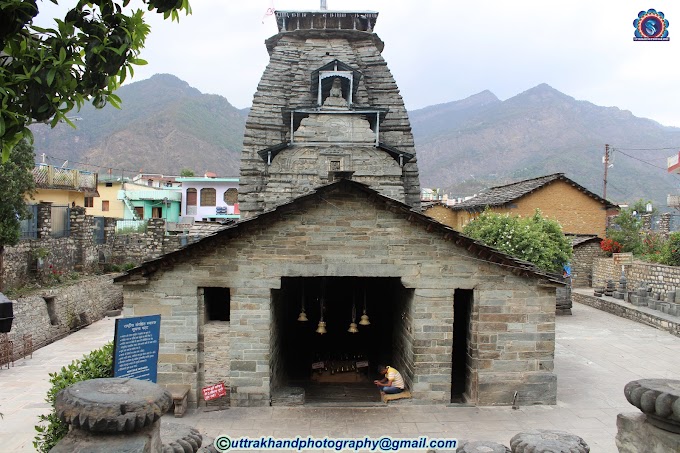 |
| What is Article 335 of Indian constitution |
Article 335 of the Indian Constitution
Title: Claims of Scheduled Castes and Scheduled Tribes to services and posts
📘 Purpose:
Article 335 ensures that while Scheduled Castes (SCs) and Scheduled Tribes (STs) are given consideration in appointments to public services, this must be done without compromising the administrative efficiency of the Union or State.
🔍 Key Provisions of Article 335:
| Aspect | Details |
|---|---|
| Who is Covered? | Scheduled Castes (SCs) and Scheduled Tribes (STs) |
| What is Allowed? | Their claims shall be taken into consideration in appointments to public posts |
| Where? | In connection with the affairs of the Union or a State |
| Limitation | Subject to maintaining administrative efficiency |
| Amendment in 2001 (93rd Amendment) | Allowed relaxation in qualifying marks for SCs/STs in educational institutions under Article 15(4) and 15(5) |
🧠 Simplified Meaning:
While SCs and STs deserve representation in government jobs and services, merit and efficiency in administration should not be compromised.
✅ Example:
| Scenario | Permissible under Article 335? |
|---|---|
| Reserved quota for SC/ST candidates in UPSC exams | ✅ Yes, as long as merit criteria maintained |
| Total exemption from minimum qualifications for SC/ST candidates | ❌ No, efficiency must still be considered |
| Relaxation of qualifying marks in educational admissions for SC/ST students | ✅ Yes (as per 2001 amendment clause) |
📌 Important Clause Inserted by 93rd Amendment (2001):
"Nothing in this article shall prevent the making of any provision in favour of the members of the SCs or STs for the relaxation in qualifying marks in any examination or lowering the standards of evaluation for reservation in matters of promotion to public services..."
📊 Summary Table: Article 335 – Reservation with Efficiency
| Feature | Details |
|---|---|
| Applies To | SCs and STs |
| Domain | Public services and posts under Union or State governments |
| Primary Goal | Balance social justice with administrative efficiency |
| Key Amendment | 93rd Amendment (2001) |
| Relaxations Allowed? | ✅ In education and promotions, if provided by law |
Here's a 📊 Comparative Chart of Article 335 with Articles 16(4) and 16(4A) of the Indian Constitution — all of which deal with reservations in public employment, particularly for Scheduled Castes (SCs) and Scheduled Tribes (STs).
🏛️ Comparison: Article 335 vs. Article 16(4) vs. Article 16(4A)
| Aspect | Article 16(4) | Article 16(4A) | Article 335 |
|---|---|---|---|
| Part Of | Part III – Fundamental Rights (Equality of Opportunity in Public Jobs) | Part III – Inserted by 77th Amendment (1995) | Part XVI – Special Provisions Relating to Certain Classes |
| Purpose | Reservation in public jobs for any backward class (including SC/ST) | Reservation in promotion specifically for SCs and STs | Claims of SCs and STs in services and posts |
| Focus Area | Initial appointment to public employment | Promotion in public employment | Overall consideration, including education and promotion |
| Applies To | SCs, STs, and other backward classes | Only SCs and STs | Only SCs and STs |
| Efficiency Clause? | ❌ No explicit clause | ❌ No explicit clause | ✅ Yes – "Subject to the maintenance of administrative efficiency" |
| Relaxation Permitted? | ✅ Allowed in appointments | ✅ Allowed in promotions | ✅ Allowed (especially after 93rd Amendment – marks/standards relaxation) |
| Amendments Involved | ✔️ 1st used by 77th Amendment (1995) | ||
| ✔️ Refined in 85th, 117th amendments | ✔️ Introduced by 77th Amendment | ||
| ✔️ Modified by 85th (2001) and 117th (proposed) | ✔️ Amended by 93rd Amendment (2001) for education & promotion relaxation | ||
| Legal Interpretation | Often interpreted with Article 15(4) and OBC policies | Validated by Supreme Court in various judgments (e.g., Nagaraj case) | Provides constitutional backing for SC/ST quota in public policy |
🧠 Simplified Understanding:
| Use Case | Relevant Article(s) |
|---|---|
| Reservation in jobs | Article 16(4) |
| Reservation in promotion | Article 16(4A) |
| Balancing reservation with efficiency | Article 335 |
| Relaxing educational standards for SC/ST | Article 335 (post 93rd Amendment) |

.jpg)



















Follow Us